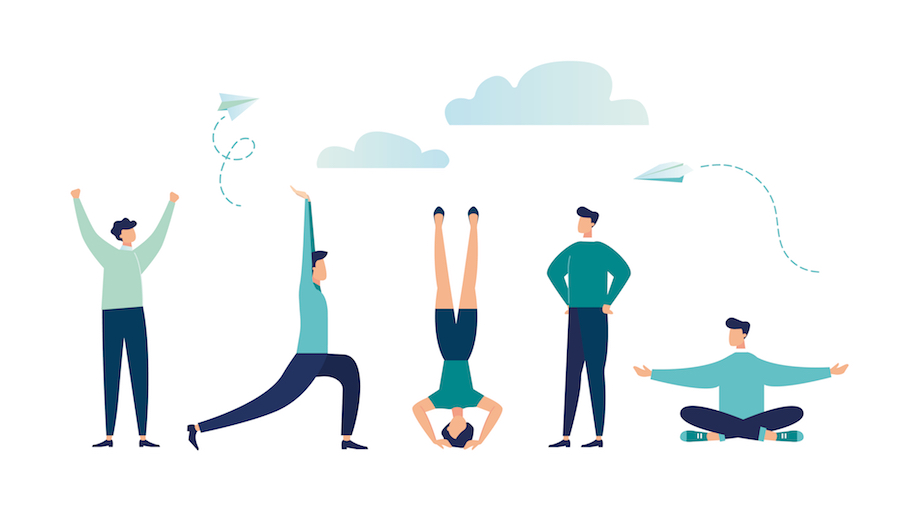How to Get Focused
By Amy Jacques
November-December 2020
Put down your phone and pull yourself back to attention, as your mind is probably wandering...
The average person’s mind wanders 47 percent of the time, a Harvard study says, “so nearly half the time you’re doing one thing, you’re thinking about something else.”
With much of the workforce working from home — coupled with the never-ending news cycle, constant stream of social media messages and various interruptions from family — many people are struggling to focus. But don’t be discouraged: Your brain can learn to ignore all the distractions.
“For at-home workers struggling with distraction, a recent survey revealed that social media is the leading cause — many reported wasting up to two hours a day — with children coming in second,” according to The New York Times.
First, turn off your notifications on your phone or device. Rather than having these messages popping up all the time, wait until you open the application on your own time to see if there are important notices. There are also tools and plug-ins, such as the Freedom app or Forest that help you manage your time and take phone breaks.
Research shows that people perform best when they know what their days are going to look like. Outlining your schedule and planning your workday — “meetings and tasks like writing, reading, editing or researching, as well as breaks to eat, exercise and read emails” — adds structure to the day that constrains our time, the article says. This helps us prioritize our to-do lists.
Other helpful tips: Make an agenda for meetings so everyone knows what you hope to accomplish and how long it will take. Schedule blocks of time to read your emails in batches, to scroll through social media, and to make personal calls or read text messages. Put your phone setting on “do not disturb” while you are doing writing, reading or activities that require quiet. Try to limit the time you spend watching or reading the news if that is something that increases your anxiety, which can cause you to lose focus.
After periods of concentration or focus, take breaks to recharge with short unfocused activities, such as going on a walk, stretching or taking a lunch break. Exercise can also improve focus, memory and productivity.
Here are some tips to increase your attention span and productivity:
- Disengage from distractions.
- Stick to a schedule.
- Make time to have quiet, refuel and exercise
- Check in with yourself.



